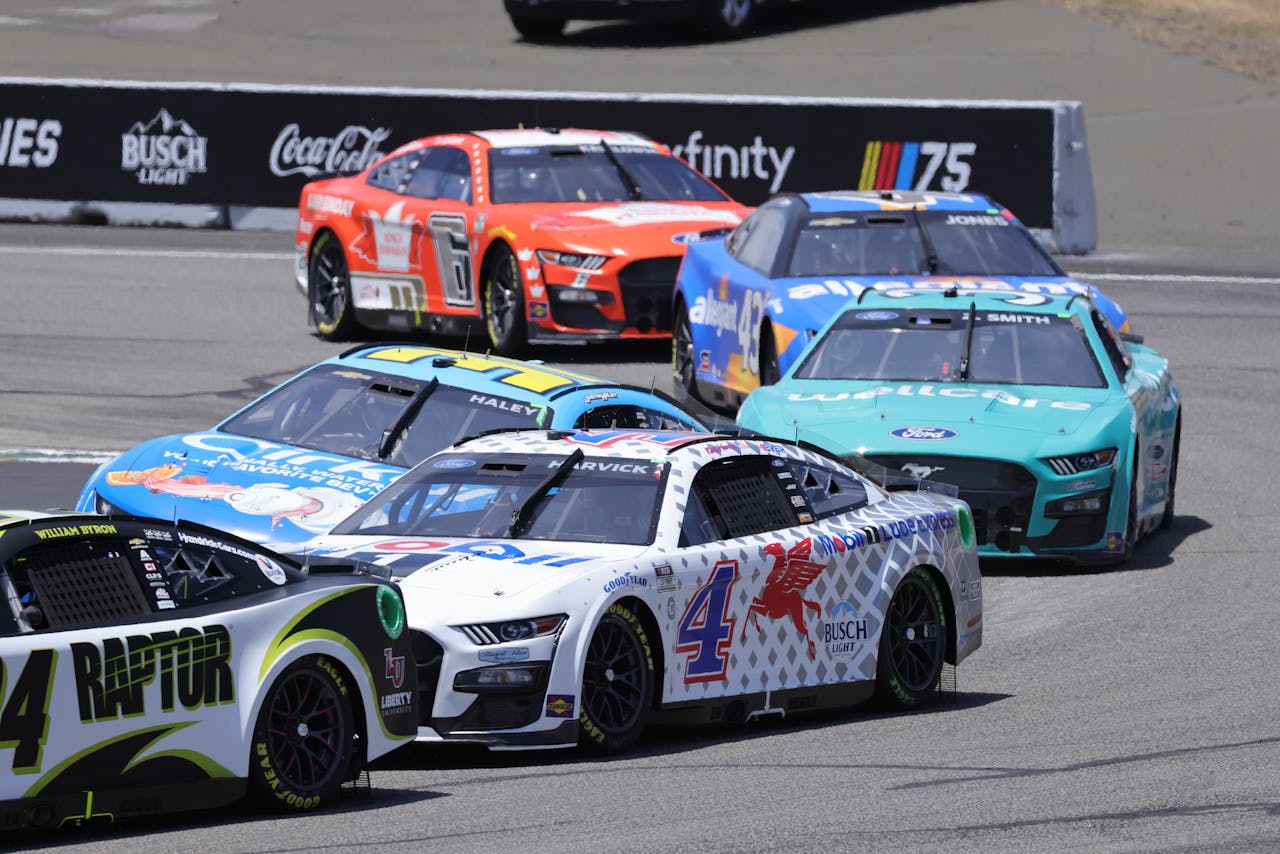Truck drivers are the backbone of the transportation industry, responsible for delivering goods across vast distances and keeping supply chains moving. However, with this crucial role comes inherent risks, including the potential for accidents. Understanding the intricate process that unfolds when a truck driver is involved in an accident is essential not only for the drivers themselves but also for their employers, insurers, and the broader community.
In this article, we will delve deeply into each stage of the aftermath of a truck accident, exploring the immediate response, legal obligations, company involvement, personal and professional repercussions, as well as insurance and compensation considerations.
Immediate Aftermath of a Truck Accident
In the immediate aftermath of a truck accident, ensuring the safety of all individuals involved is the first step. Truck drivers are trained to prioritize the well-being of themselves and others on the road. This involves promptly contacting emergency services if necessary and providing assistance to injured parties while waiting for help to arrive. Additionally, truck drivers must adhere to established protocols for reporting accidents, which may include contacting their dispatchers or fleet managers to notify them of the situation.
Upon assessing the scene of the accident, truck drivers must evaluate the extent of damage to their vehicle and any other vehicles involved. They should also be vigilant for any potential hazards, such as leaking fuel or debris on the roadway, and take appropriate measures to mitigate these risks. Documenting the scene through photographs and written notes can be valuable for insurance purposes and subsequent investigations.
Legal and Regulatory Obligations
Truck drivers are subject to a myriad of laws and regulations governing their conduct on the road. When an accident occurs, they must navigate these legal obligations with care to ensure compliance and mitigate potential liabilities. This often involves exchanging contact and insurance information with other parties involved in the accident and cooperating with law enforcement officers who may be conducting an investigation.
Depending on the severity of the accident, truck drivers may be required to submit detailed accident reports to their employers and relevant regulatory agencies. These reports typically include information such as the date, time, and location of the accident, as well as a description of what happened and any injuries or property damage sustained. Failure to comply with reporting requirements can result in fines or other penalties for the driver and their employer.
Working with a local attorney can help ensure that all legal procedures are followed correctly and that the driver’s rights are protected throughout the process. In complex cases involving injury or significant damage in California, consulting a Santa Clarita truck accident lawyer can provide valuable insight into regional legal nuances and strengthen the driver’s position. Having experienced legal support also helps navigate communication with insurers and manage potential litigation.
Trucking Company Involvement
Truck drivers are typically employed by trucking companies, which means that company involvement is inevitable following an accident. Upon being notified of the accident, trucking companies may dispatch representatives to the scene to assess the situation and provide support to the driver. This support may include arranging for towing services, coordinating with insurance adjusters, and facilitating communication with other parties involved in the accident.
In addition to providing immediate assistance, trucking companies may also be responsible for addressing any potential legal or regulatory issues stemming from the accident. This could involve engaging legal counsel to represent the company’s interests in any legal proceedings or negotiations with insurance companies. Depending on the circumstances of the accident, the trucking company may also be subject to liability for damages resulting from the driver’s actions.
Personal and Professional Repercussions
Being involved in a truck accident can have profound personal and professional repercussions for the driver. Beyond the immediate emotional toll of coping with the stress and trauma of the accident, there may be long-term consequences for the driver’s career and financial well-being.
From a professional standpoint, truck drivers may face disciplinary action or termination from their employment if they are found to be at fault for the accident or if their driving record is negatively impacted. Even in cases where the driver’s actions are deemed to be within their control, the stigma associated with being involved in an accident may affect their future job prospects within the industry.
On a personal level, truck drivers may experience feelings of guilt, anxiety, or depression in the aftermath of an accident, especially if it resulted in serious injuries or fatalities. Seeking support from counseling and support services is essential during this challenging time, both for the driver and their loved ones.
Insurance and Compensation
Determining insurance coverage and filing claims are critical steps following a truck accident. Truck drivers must assess the extent of their insurance protection for damages to their vehicle, as well as any injuries sustained by themselves or other parties involved in the accident. This may involve reviewing their insurance policy documents and consulting with insurance adjusters to understand their coverage options.
Once the extent of the damages has been assessed, truck drivers can begin the process of filing an insurance claim to seek compensation for their losses. This typically involves submitting documentation such as accident reports, medical bills, and repair estimates to their insurance company for review. The insurance company will then evaluate the claim and make a determination regarding the amount of compensation to be paid out.
In cases where the accident resulted in significant damages or injuries, truck drivers may also be entitled to seek compensation through legal action against other parties involved in the accident. This could include other drivers, vehicle manufacturers, or entities responsible for maintaining the roadway. Navigating the legal complexities of personal injury claims can be challenging, which is why many truck drivers choose to enlist the services of experienced personal injury attorneys to represent their interests.
Being involved in a truck accident is a complex and multifaceted experience that can have far-reaching implications for truck drivers. From the immediate aftermath of the accident to the long-term legal and financial repercussions, navigating the aftermath of a truck accident requires careful attention to detail and proactive communication with all involved parties. By understanding the various stages of the post-accident process and seeking appropriate support and guidance, truck drivers can work towards resolving their claims and moving forward with their lives. Ultimately, prioritizing safety and compliance on the road is essential for preventing accidents and minimizing their impact on individuals and communities alike.







